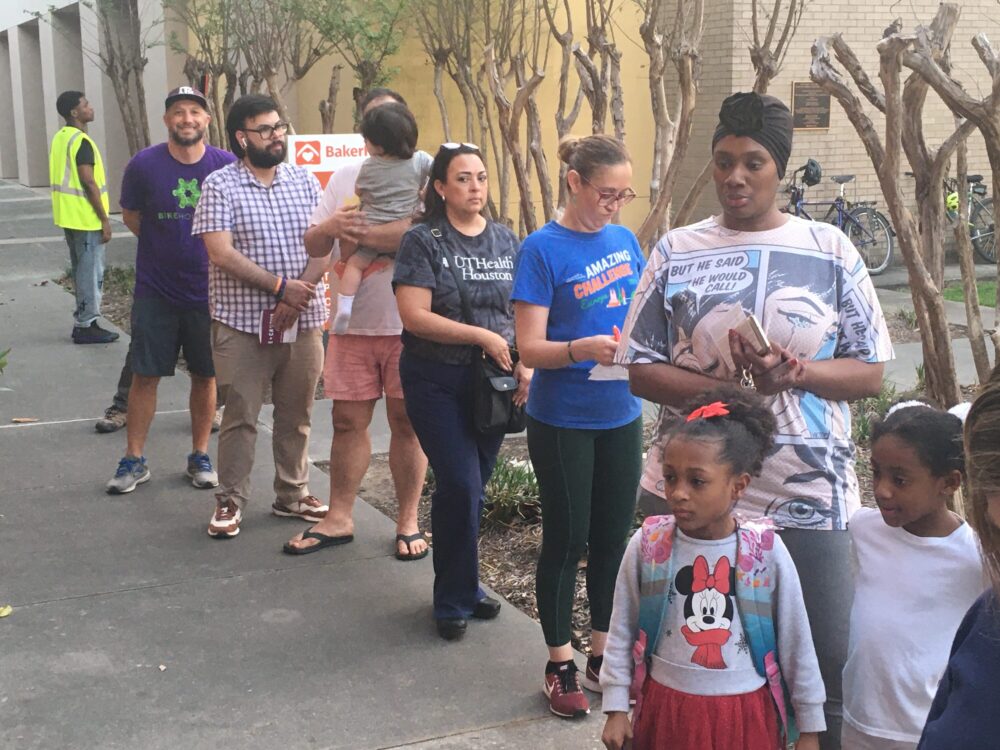
The House Elections Committee is meeting today to hear testimony on storage and management processes for voter registration data. That’s raising questions about how Texas’ efforts to make elections more transparent are putting ballot secrecy at risk.
House Bill 5180, which took effect September 1, 2023, lets members of the public get access to ballot images, cast-vote records, and even original voted ballots just 61 days after an election. Conservative activists have argued HB 5180 is necessary to root out voter fraud.
But former Alabama Secretary of State John Merrill, a Republican who now advises the nonpartisan Secure Elections Project , says the law raises the danger of intimidation or even violence against officeholders and individual voters.
“If we have technology or integrated technology that enables someone other than the voter to be able to have that information introduced,” Merrill said, “it puts that individual in a vulnerable position, and that is not something that anyone should support.”
Earlier this year, a right-wing website used the law to get access to a primary ballot cast by then-Texas Republican Party chairman Matt Rinaldi. That appears to have played a role in Rinaldi’s decision not to run for reelection.
“What we don’t ever want to do,” Merrill said, “is put anyone – a constituent, an elected official, anybody that wants to express their opinion about their support of a candidate in a private environment with a secret ballot – to have that information publicly exposed or introduced unless they choose to do it themselves.”
Merrill is concerned that how Texas handles the issue of ballot secrecy could have ramifications beyond its borders.
“Texas, in many, many ways, sets the standard for the nation as a whole,” he said. “So, anytime there’s an opportunity for the trust and the confidence that the average Texan has in the process (to be strengthened), that trust and confidence needs to preserved, and it needs to be advanced.”